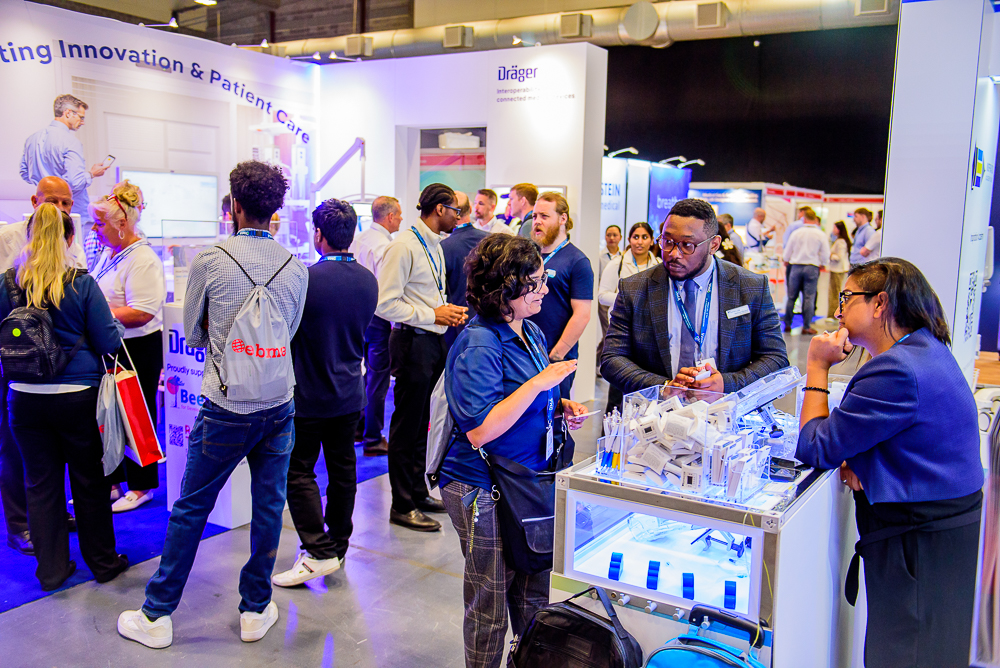JULY 3, 2025
What the New 10-Year Health Plan Means for Healthcare Technology Professionals

The UK government has released its new 10-Year Health Plan for England, titled “Fit for the Future.” It outlines a major transformation in how health services will be delivered across the country by 2035. This strategic roadmap marks a shift toward community-based care, digital innovation, and proactive health management—all of which are highly relevant to professionals involved in medical devices, diagnostics, and healthcare infrastructure.
Shift from Hospitals to Community Hubs
The plan introduces a move away from hospital-centric care toward neighbourhood health centres, designed to operate during evenings and weekends. These centres will integrate diagnostics, pharmacy services, mental health support, rehabilitation, and post-operative care—all under one roof.
For those involved in medical equipment planning and maintenance, this signals a decentralisation of service delivery. It will require more widespread distribution and oversight of diagnostic and monitoring equipment across multiple satellite locations, demanding greater standardisation, service scalability, and rapid response strategies.
Acceleration of Digital Tools and AI
From robotic surgery and AI-powered triage to ambient voice technology, the digital health landscape is set to evolve rapidly. The NHS app will expand to include advanced features that support personalised care, while new automation tools aim to ease the administrative burden on clinical staff.
Healthcare technology professionals will need to adapt to managing more complex digital ecosystems, ensuring integration, reliability, and cybersecurity for AI-enabled and connected care devices.
Focus on Prevention Over Cure
The plan places strong emphasis on preventive healthcare, including expanded access to weight-loss medications, metabolic support, and lifestyle-focused public health campaigns. This strategic pivot aims to reduce pressure on secondary care and promote long-term wellbeing.
As a result, there will be increasing demand for technologies that support health monitoring, early detection, and chronic disease management in home and community settings.
Capital Investment and Workforce Expansion
The plan is ambitious, but not without hurdles:
-
Over 100,000 NHS vacancies currently exist.
-
Some infrastructure funding is uncertain or flat.
-
Managing data privacy with new AI technologies will be critical.
-
Implementation of digital systems across a wide network of new hubs will require robust support frameworks.
What This Means for You
- This decade will require health technology professionals to:
-
Support widespread equipment deployment in non-hospital settings.
-
Lead integration of smart devices and interoperable platforms.
-
Prioritise data compliance and security in tech procurement.
-
Collaborate with clinical and operations teams to enable smoother transitions in care models.